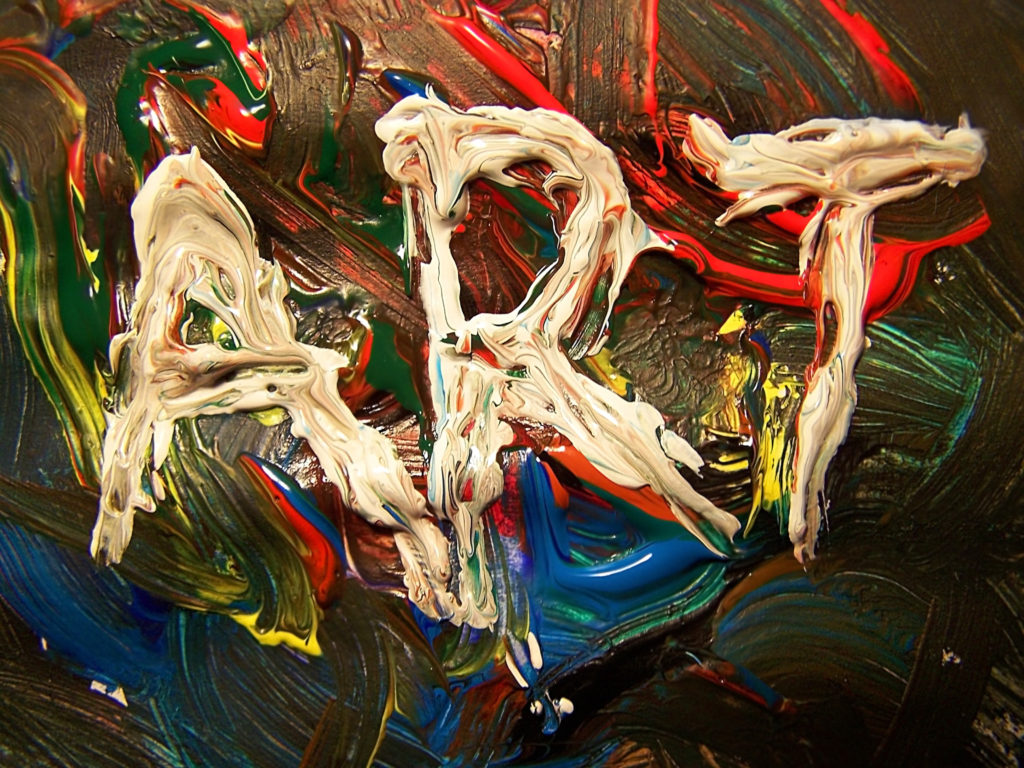Quick Hits
Daily brief research updates from the cognitive sciences

I reported in last week’s Quick Hits on how engaging in the arts has a relationship with self-control and avoidance of disagreeable and criminal behaviour and that is why this impressive piece of research published in February caught my eye.
In this Janneke van Leeuwen et al. map different types of art engagement to a detailed neural map of social centres. These types of engagement range from perceptual analysis, to animated dynamics (i.e. movement), to symbolic meaning, and personal significance.
I was impressed by the depth of this paper. Basically, what we can see is that each of these separate aspects of interacting with art activate networks in the brain that are strongly associated with social functioning.
In some respects, this should be actually logical — the arts are after all incredibly humanistic and engage our emotions and aesthetics.
This piece of research show to what extent this is so — all aspects of engaging with art engage multiple parts of the brain and recruits the same brain networks as those involved in complex social behaviour.
Good to know!

Andy Habermacher
Andy is author of leading brains Review, Neuroleadership, and multiple other books. He has been intensively involved in writing and research into neuroleadership and is considered one of Europe’s leading experts. He is also a well-known public speaker speaking on the brain and human behaviour.
Andy is also a masters athlete (middle distance running) and competes regularly at international competitions (and holds a few national records in his age category).
Reference
Janneke E. P. van Leeuwen, Jeroen Boomgaard, Danilo Bzdok, Sebastian J. Crutch, and Jason D. Warren
More Than Meets the Eye: Art Engages the Social Brain
Frontiers in Neuroscience
https://doi.org/10.3389/fnins.2022.738865
More Quick Hits
Brisk walking slows biological aging
Quick HitsDaily brief research updates from the cognitive sciences f you want to age better, then walk quicker, or those who walk quicker, age slower. That is the result of a recent study of 400,000 UK adults mapped to genetic markers of age...
Learning at double-speed?
Quick HitsDaily brief research updates from the cognitive sciences ouldn’t it be great if we could learn things double speed? Well, maybe we can. At least according to a study out of the University of California. During the pandemic many...
The “drunken monkey” hypothesis – proven
This had to be a story I covered – monkeys and alcohol sounds too good to pass up. But this is also linked to the “drunken monkey” hypothesis: that humans developed their love for alcohol in earlier primitive times accidentally, and then intentionally, eating fruit...
The Newly Discovered Bias That Makes Us Think We Are More Diverse Than We Are
A few weeks ago I reported on some newly discovered ways we are biased namely that we consider generic terms such as “people” as equivalent to “men” rather than men and women. This was specifically focused on gender bias but this latest piece recently published shows...
Self-awareness of autism leads to better quality of life
Autism has become a well-known diagnosis in recent years. Though some people seem to be against this sort of labelling, and the general increase in different label of mental conditions, a study out of the University of Portsmouth shows why this is actually a good...
Optimal sleep improves your brain, mental, and physical health - and it’s not as much as you think
I’ve reported multiple times on sleep and how it affects just about everything form cognitive performance, to brain plasticity, to physical performance, to mental health, and to metabolism. The question...






